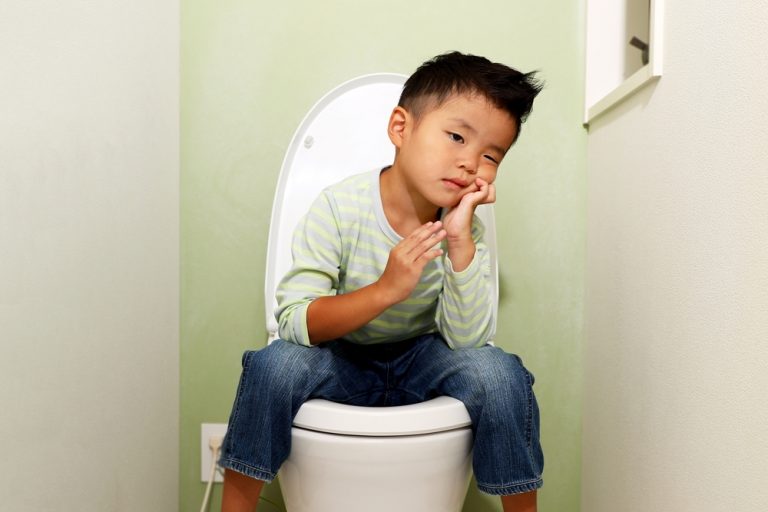
How to effectively reward children?
Written by : Pario Children, Parenting Education Centre Childhood and family have a profound impact on a person. How do parents influence their children’s growth? How to cultivate good behavior and character in children? Is it correct and effective to use rewards and encouragement? Do not turn love for your child into a reward It is often heard that parents say, “If you behave, daddy will shower you with love.” Parents think this is providing positive reinforcement, encouraging positive behavior in children, but shouldn’t the companionship of mom and the affection of dad be unconditional? Love and affection should not be contingent on being well-behaved! A child’s self-worth should not be equated with their behavior or achievements. Do not turn existing habits into rewards Some parents might say: “If you behave, we will go to the park on Sunday!” When the child behaves in a “naughty” manner, parents cancel the child’s original plan to play in the park, letting the child learn to bear the consequences. Although this is one of the parenting methods, if the child originally has the habit of going to the park every day, and the parents use “going to the park” as a reward, is this really a reward? This is just continuing the daily routine! Of course, if the child does not usually have the opportunity to go to the park, this reward would be very attractive to a child who naturally loves to play! Clearly explain rewards and good behavior Rewards are necessary!









